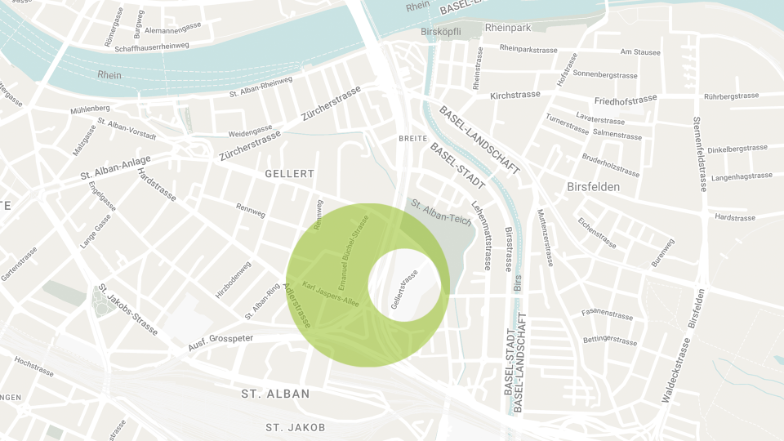A musculoskeletal emergency includes acute and severe pain in the back or joints, injuries caused by accidents, sudden restriction of movement and other urgent complaints that require immediate medical attention.
Musculoskeletal emergencies are acute problems that affect the body's musculoskeletal system. The term refers to urgent complaints or injuries that affect the muscles, bones, joints, tendons, ligaments or other structures of the musculoskeletal system.
Typical examples of musculoskeletal emergencies are
- Acute fractures (broken bones)
- Dislocations (dislocated joints)
- Severe sprains or torn ligaments
- Acute back pain with neurological deficits
- Sudden onset of severe joint pain
- Sports injuries with severe pain or loss of function
- Accident-related injuries to the musculoskeletal system
- Acute episodes of inflammatory or rheumatic diseases
These conditions often require rapid medical assessment and treatment in order to avoid complications and improve the chances of recovery.
Orthopaedic emergencies include acute injuries and complaints of the musculoskeletal system that require prompt specialist assessment, for example
- Accident-related injuries to the knee, shoulder, elbow, hip and foot
- Sports injuries such as bruises, sprains or suspected torn ligaments
- Acute injuries during household or gardening work
- Sudden onset of severe joint pain
- Acute functional limitations after a fall or accident
- Suspected bone fractures or joint dislocations
These complaints require rapid and professional initial treatment, followed by a precise diagnosis in order to determine the best course of treatment. If you are unsure whether your complaints fall within the scope of orthopaedic emergencies, you can contact the centre directly or drop by.
